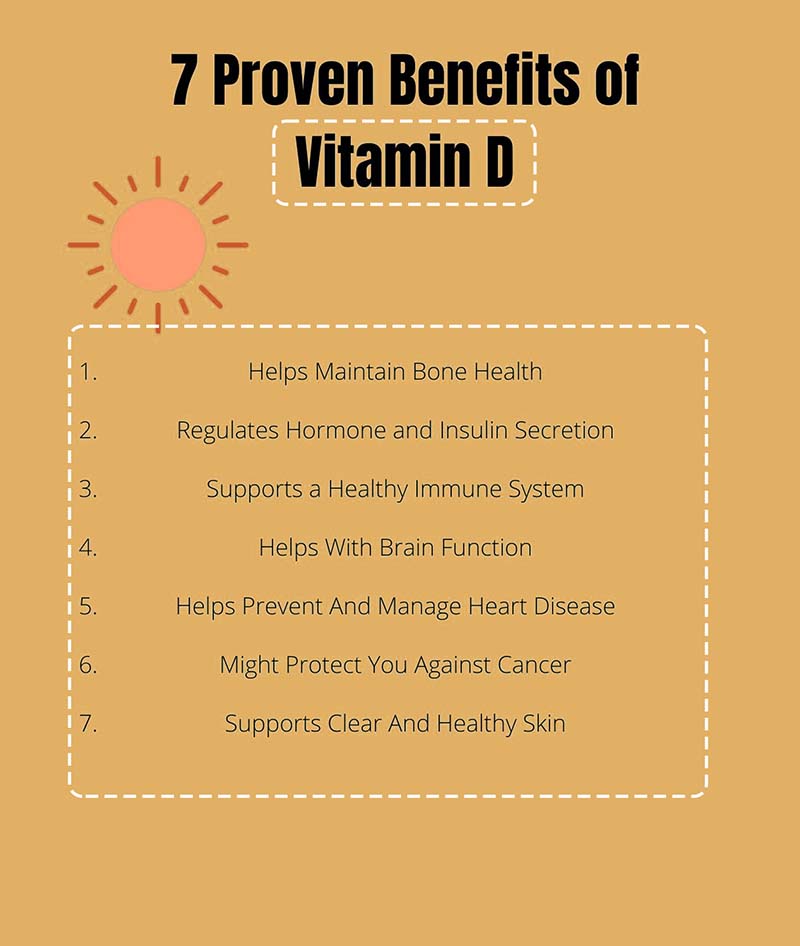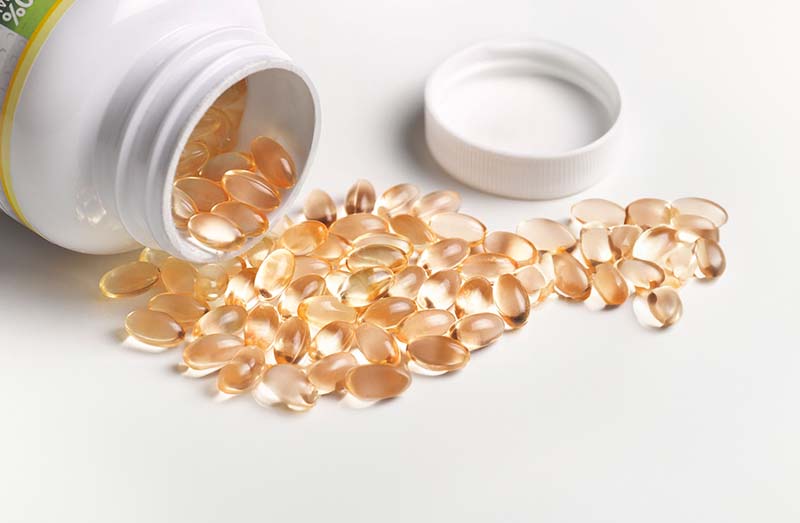Did you know that the timing of taking your Vitamin D supplement can significantly impact its effectiveness? It’s a little-known fact that surprises many. In this blog, we dive into the science behind the best time to take Vitamin D supplement, shedding light on how you can enhance its benefits simply by adjusting your schedule. Join us as we explore this essential tip for boosting your health with Vitamin D.

1. Understanding Vitamin D Deficiency and Supplementation Benefits
Vitamin D plays a crucial role in maintaining our health, yet it’s notoriously difficult to get enough of it from food alone. Alarmingly, a significant number of people globally suffer from vitamin D deficiency. Countries like India, Tunisia, Pakistan, and Afghanistan see more than 20% of their populations with critically low levels of vitamin D.
In the U.S., the risk of deficiency varies across different age groups, genders, and ethnic backgrounds. Data from the National Health and Nutrition Examination Survey reveals that 2.6% of the U.S. population has a severe deficiency, and 22.0% have a moderate deficiency.
Given these startling numbers, it’s no surprise that vitamin D supplements are among the most widely used worldwide. However, the effectiveness of these supplements can vary greatly based on several factors, including the timing and method of consumption.

2. Why People Should Take Vitamin D Supplement?
Vitamin D is unique because it works like a hormone and is made by your skin when you’re in the sun. It’s super important for your health, as it helps with your immune system, keeps bones strong, and is good for your mental health, among other benefits.

But, vitamin D isn’t found in many foods, so if you don’t get enough sun, you might not get enough of this vitamin. This is a bigger problem for older people, those with darker skin, people who are overweight, or if you live in places with not much sun.
In fact, about 29% of adults in the U.S. don’t have enough vitamin D and in 2001–2006, two-thirds of the population had sufficient vitamin D.
Taking vitamin D supplements is an easy and effective way to make sure you’re getting enough, especially if you’re likely to be low on it.
3. Better Absorption of Vitamin D When Taken with Meals
Vitamin D falls under the category of fat-soluble vitamins, meaning it dissolves poorly in water and is most effectively absorbed into your bloodstream when consumed alongside foods rich in dietary fat.
To maximize its absorption, consider taking vitamin D supplements with a meal. An older study involving 17 participants revealed that ingesting vitamin D during the largest meal of the day resulted in an impressive 50% increase in vitamin D blood levels within just 2 to 3 months.
In a separate study featuring 50 older adults, vitamin D intake alongside a high-fat meal led to a significant 32% rise in vitamin D blood levels after 12 hours compared to a meal lacking fat content.
Sources of nutrient-rich fats, such as avocados, nuts, seeds, full-fat dairy products, and eggs, can notably enhance your body’s absorption of vitamin D.

4. Incorporating Vitamin D into Your Morning Routine
Many people find it convenient to integrate supplements like vitamin D into their morning regimen. This practice simplifies the process and ensures consistency, particularly for those juggling various supplements or medications throughout the day.
Managing multiple items can become intricate, making it advisable to establish a routine of taking vitamin D with a nutritious breakfast.
To facilitate this habit, you can employ practical methods such as using a pill organizer, setting smartphone reminders, or merely placing your vitamins within reach during your morning meal.
It’s essential to note that while vitamin D is generally safe, consulting with a healthcare professional is recommended, especially if you are taking other medications. Additionally, pairing vitamin D with a meal containing dietary fat can enhance its absorption within your body.

5. Taking Vitamin D in the Evening May Affect Sleep
Research has suggested a potential link between vitamin D levels and sleep quality. Low vitamin D levels have been associated with sleep-related problems, including difficulty falling asleep, poor sleep quality, and inadequate sleep duration.
According to a study published in the Journal of Pineal Research, vitamin D supplementation was found to increase melatonin levels in healthy individuals. Another study published in the Journal of Clinical Sleep Medicine found that vitamin D supplementation improved sleep quality and reduced sleep disturbances in patients with sleep disorders.
However, it’s essential to acknowledge a study involving postmenopausal women, where an increase in vitamin D levels through a daily dose of 2,000 IU seemed to reduce sleep quality. This outcome hasn’t consistently been replicated in other research.

Anecdotal reports also suggest that taking vitamin D at night might negatively affect sleep by interfering with melatonin production. As of now, conclusive scientific research on how nighttime vitamin D intake impacts sleep is lacking.
Given the limited data available, it might be worthwhile to experiment with different supplementation times to align with your sleep patterns and overall well-being. However, while exploring these options, maintaining a watchful eye on your total vitamin D intake to avoid excessive supplementation is crucial. Consulting a healthcare provider for personalized guidance and monitoring remains a prudent step to ensure your vitamin D regimen aligns with your specific health needs and goals.
6. Conclusion: Morning or Evening: When Should You Take Vitamin D?
Taking vitamin D with a meal enhances its absorption and increases its effectiveness in raising blood levels.
Currently, there isn’t substantial research to definitively determine when is the best time to take Vitamin D supplement or whether morning or nighttime intake is superior. The primary objective is to establish a consistent daily routine for vitamin D supplementation, ensuring the best results.
You may experiment with taking it during breakfast or with a bedtime snack, but be attentive to any potential impact on your sleep.
The key is to find a schedule that suits you and adhere to it to guarantee adequate vitamin D intake.


